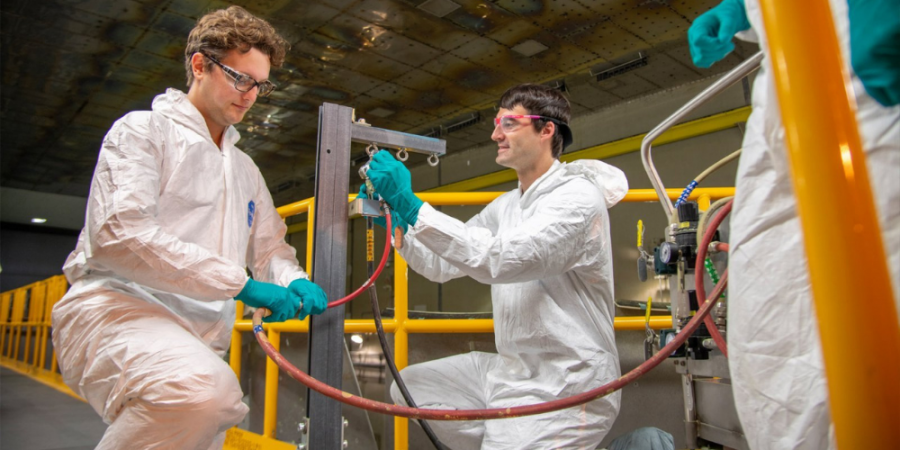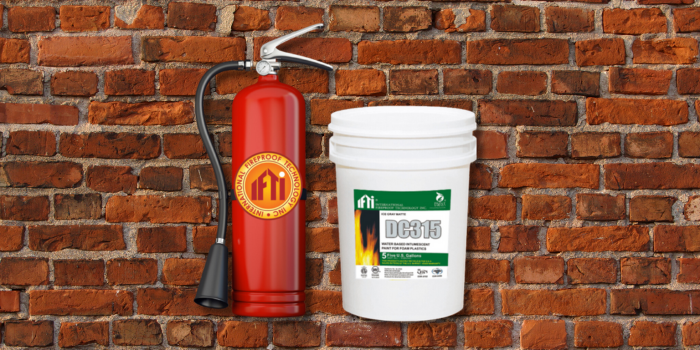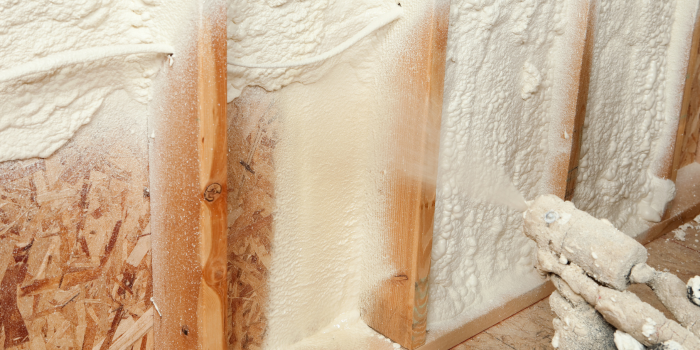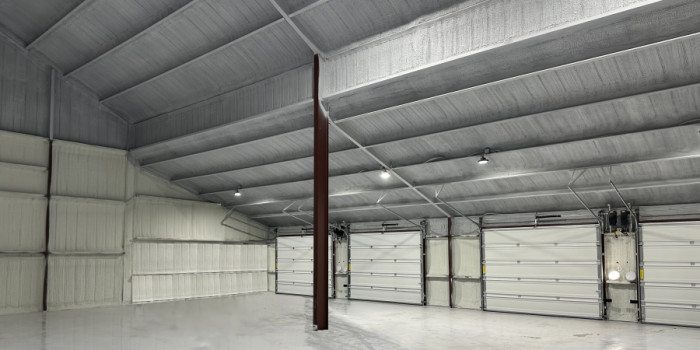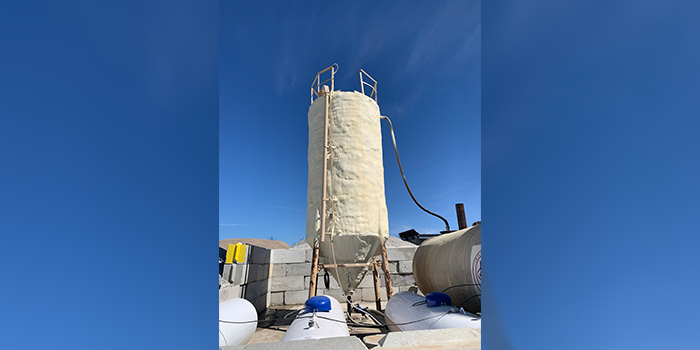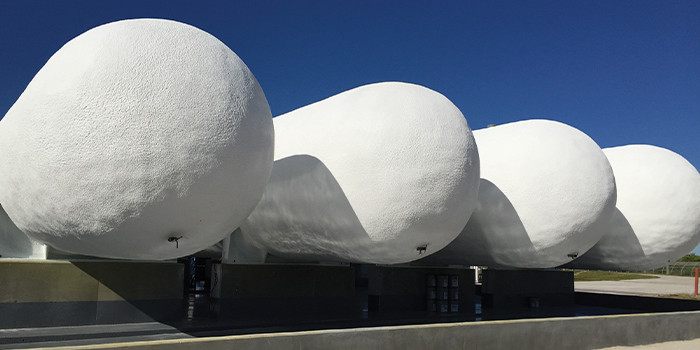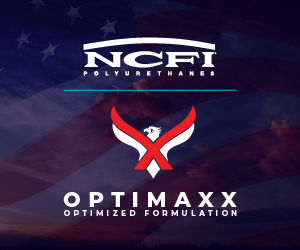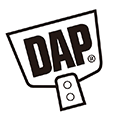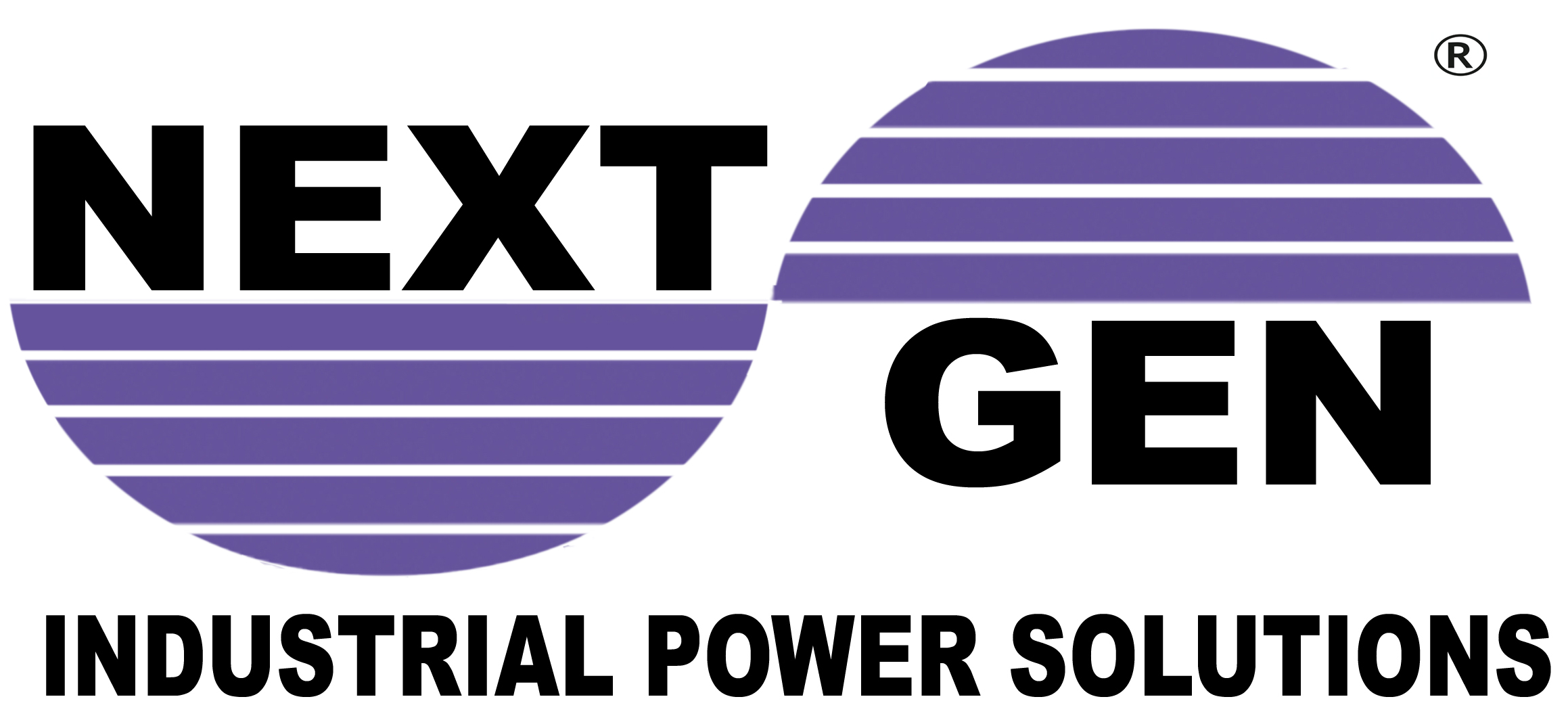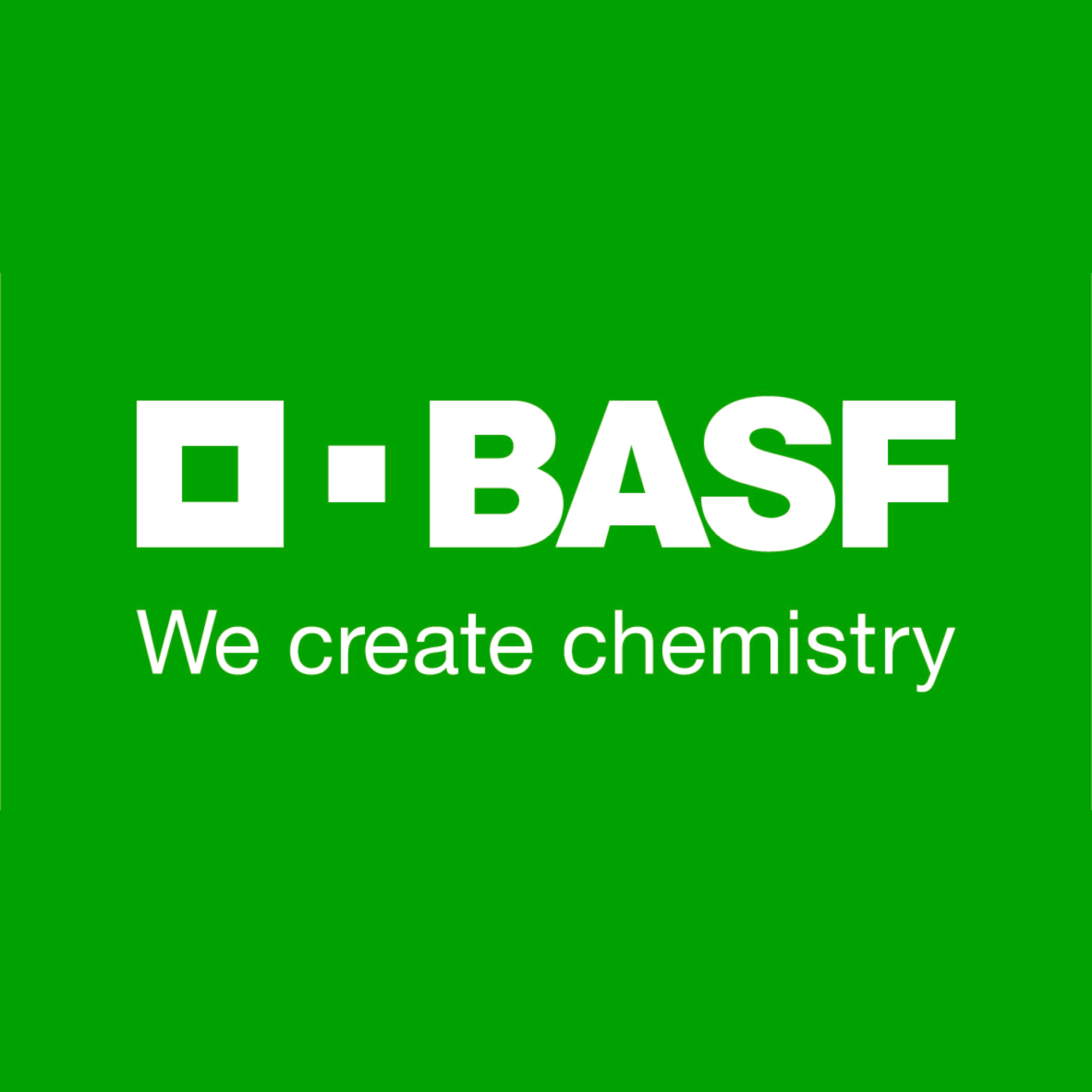Fire Coating or Thermal Barrier: What Meets Georgia’s 2025 Building Code
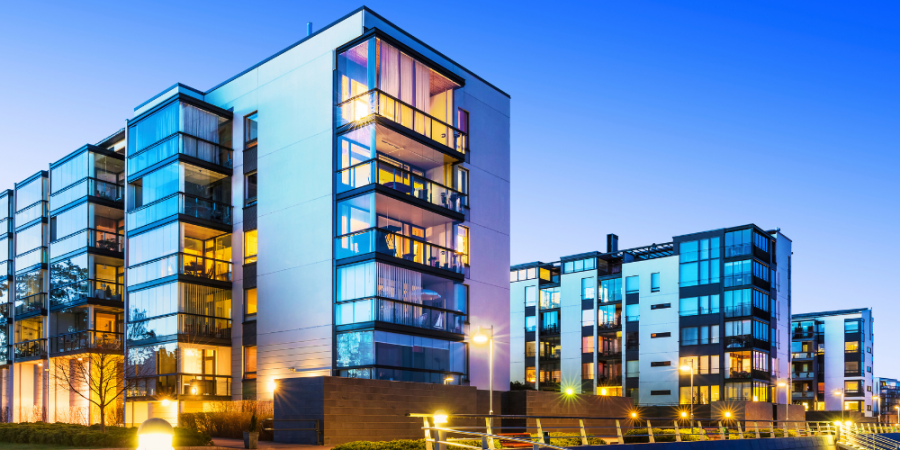
August 7, 2025 – Whether you’re constructing a new home, retrofitting an attic, or reinforcing commercial steel structures, selecting the right fire protection strategy is no longer optional. Choosing the correct thermal barrier or a fire coating in Georgia is a critical step in meeting fire safety codes and protecting your property in a hot, humid climate.
These coatings not only provide passive fire resistance but also contribute to overall energy efficiency and structural integrity. With fire codes becoming stricter and awareness rising about building performance, builders and homeowners alike are turning to proven solutions. If you’re exploring ways to enhance both safety and sustainability in your next project, this expert resource on modern building upgrades provides a solid foundation.
Understanding the Difference: Thermal Barrier vs. Fire Coating
While often confused, thermal barriers and fire coatings serve different functions and are used in distinct construction scenarios.
What is a Thermal Barrier?
A thermal barrier is designed to slow the transfer of heat to flammable materials, such as spray polyurethane foam (SPF) insulation. Materials like ½-inch gypsum board or specialty coatings tested to NFPA 275 standards serve this purpose.
In Georgia, thermal barriers are typically required in attics, crawl spaces, and wall cavities where foam insulation is present but not exposed for daily access.
Benefits:
- Delays heat transfer to insulation
- Meets 15-minute fire resistance code
- Reduces risk of flash ignition in confined areas
- Compliant with the International Building Code (IBC) and Georgia-specific amendments
What is a Fire Coating?
A fire coating, often referred to as an intumescent coating, expands when exposed to high temperatures, forming a thick char layer that insulates and protects materials like steel, wood, and drywall from structural damage during a fire.
In Georgia’s commercial and multi-family construction projects, fire coatings are widely used to meet ASTM E119 or UL 263 requirements for structural fire resistance.
Benefits:
- Maintains structural integrity under fire
- Thin, smooth aesthetic finish
- Protects load-bearing steel and wood components
- Ideal for warehouses, offices, and open-frame construction
What Georgia Building Codes Require in 2025
In 2025, Georgia enforces the 2021 International Building Code with localized amendments that emphasize fire safety in both residential and commercial applications.
Code requirements at a glance:
- Thermal barriers must be used over foam plastic insulation unless exceptions apply.
- Fire coatings are required for exposed structural elements needing a fire-resistance rating, especially in Type I, II, or III buildings.
- Local building departments across Georgia—including Atlanta, Augusta, Macon, and Savannah—may have additional stipulations, so consulting your Authority Having Jurisdiction (AHJ) is highly recommended.
Thermal Barrier or a Fire Coating in Georgia: Which Should You Choose?
Your choice depends on your material use, building type, and whether structural elements are exposed.
Choose a Thermal Barrier if:
- You’re using spray foam insulation
- The insulation is not covered by other fire-rated materials
You need to comply with NFPA 275 or IBC 2603.4
Choose a Fire Coating if:
- You have exposed steel beams or wood framing
- You require a fire rating without adding bulk
- Aesthetic finish and structural fire resistance are priorities
Considering Georgia’s Hot and Humid Climate
Georgia’s humid subtropical climate—especially in regions like coastal Savannah or central Macon—requires coatings that offer not just fire resistance, but also:
- Moisture resistance
- UV durability
- Mold and mildew protection
Opting for high-performance, tested coatings ensures longevity, especially in ventilated attics, mechanical rooms, and steel-frame exteriors where both heat and moisture exposure are high.
Conclusion: Build Safer and Smarter in 2025
Choosing the right thermal barrier or a fire coating in Georgia isn’t just about checking a box on a code checklist—it’s about making smart, informed decisions that protect lives and property. As fire safety and energy standards evolve, builders, developers, and homeowners must adopt materials that meet both present regulations and future performance goals. Consult certified installers, fire safety engineers, and building inspectors to ensure your project stays ahead of the curve—and compliant from day one.
Published by Spray Foam Magazine
SprayFoam / Spray Foam Insulation
Disqus website name not provided.



